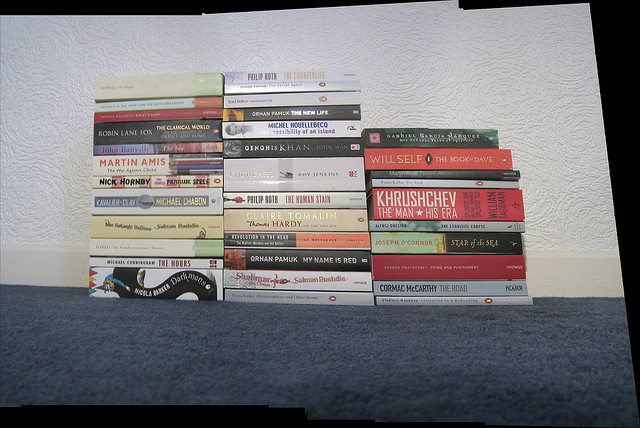
W
hen a great writer dies we are reminded of the humanity behind the masterpieces, the fragility beyond words we felt timeless. Besides his artistry as a storyteller and his ingenious skill as a wordsmith, Gabriel García Márquez was a key element in a graceful universalization of dualities that plagued Colombia and Latin America. He found words to describe how horror and joy live side by side in war, natural disasters, and even religion. With truthfulness, humor, and creativity, he untangled how marriage and family ties are woven in the fabric of painful history.
García Márquez was one of the first South American authors to explore in detail the intricate web of aggression and the clouds of hate that float through generations in the climate of sustained war. In his life’s work, he tackled the plague of violence and the weeds of love, from the internal turmoil of dictators and their bloody actions, to the male domestic tyranny and its protectiveness of kinship, to the manipulations of motherly figures and the charms of the female form. From No One Writes to the Colonel to Chronicle of a Death Foretold or Of Love and Other Demons, he used story telling to portray fear and anger, joy and frustration, bliss and hurt, and represent the delicate powers that make friends and enemies in the blink of an eye. His books explored the weight of family and traditions, as the support network and backbone of Catholic South America, and as the micro-components of authoritarianism and unbreakable care. And they actively denounced that there are no apologies for unfairness, poverty, and injustice.
Gabriel García Márquez made cultural expressions—exclusive to remote coastal villages—tools for accessing all sort of readers, and hid seeds of hope and pride in a country that is rarely known for its peace.
Whoever has read Gabriel García Márquez has a story. The first book my grandpa lent me was his beloved copy of One Hundred Years of Solitude and I remember seeing this cover in his bookshelf since before I had learned to read. In my family politics are seldom spoken, a sort of bitter legacy from the days when my grandparents left the countryside between partisan wars. Shared reading of García Márquez’s books was a way of finding an outlet for feelings kept and unsaid. From one page to the other he can go from the heaviness of massacres to the solace of reading to the juices of lust. The politician in him made us argue. The magician made us love him.
His talent put our country on the radar before drugs or singers did. He captured the diversity in the moral and geographical landscape, the casualness and ease of social interactions, the mystique of our superstitions, and the wild lineage of divine, personal, and collective justice that makes love and hate such powerful forces in our experiences. He also made cultural expressions—exclusive to remote coastal villages—tools for accessing all sort of readers, and hid seeds of hope and pride in a country that is rarely known for its peace.
I celebrate and mourn the amazing reporter, the global master of literature, the polemicist, the lover of film and music, the political idealist, the wise observer, and the genius storyteller that taught me it only takes a skillful narrator to suspend disbelief and transform stories.

